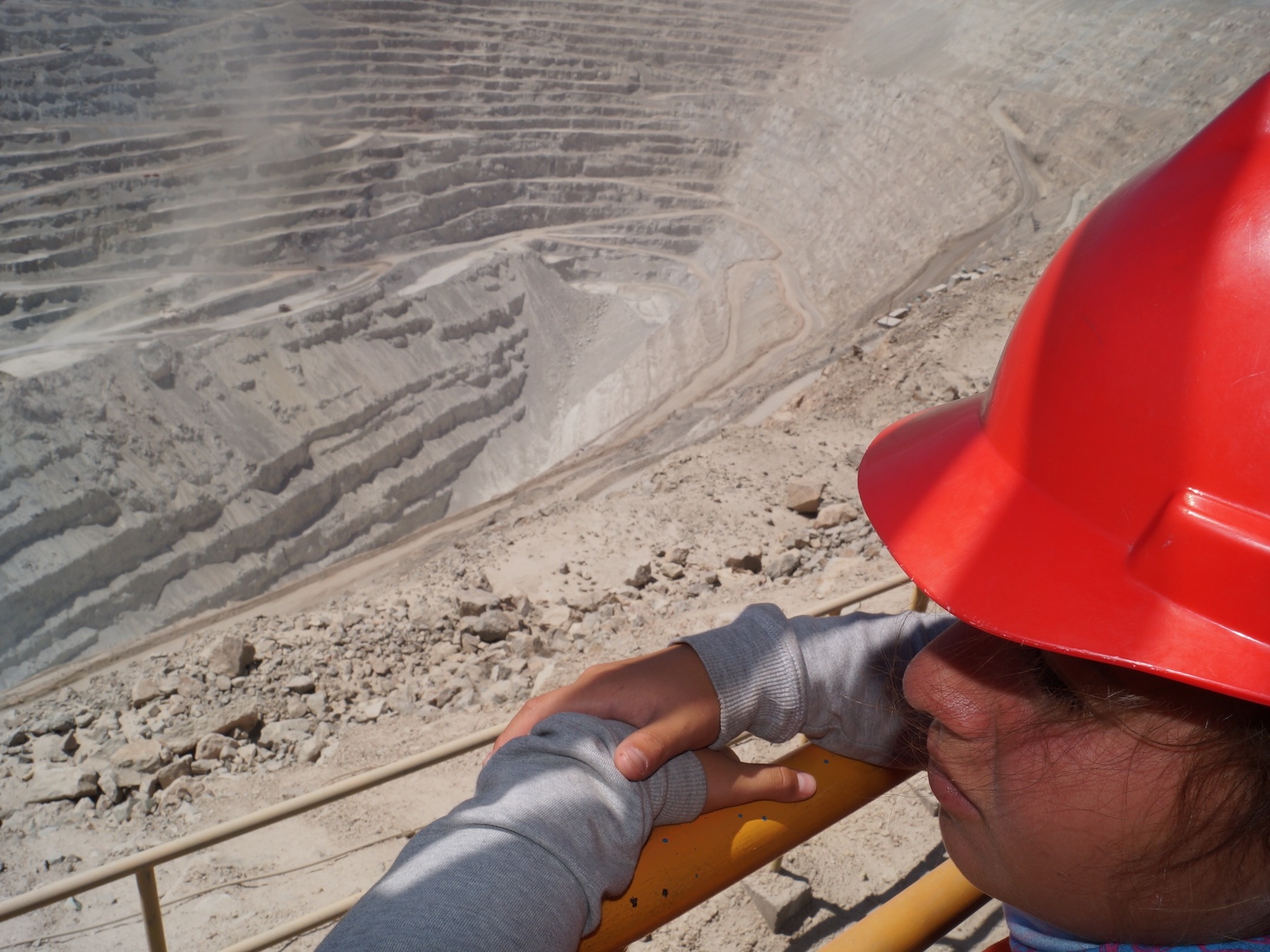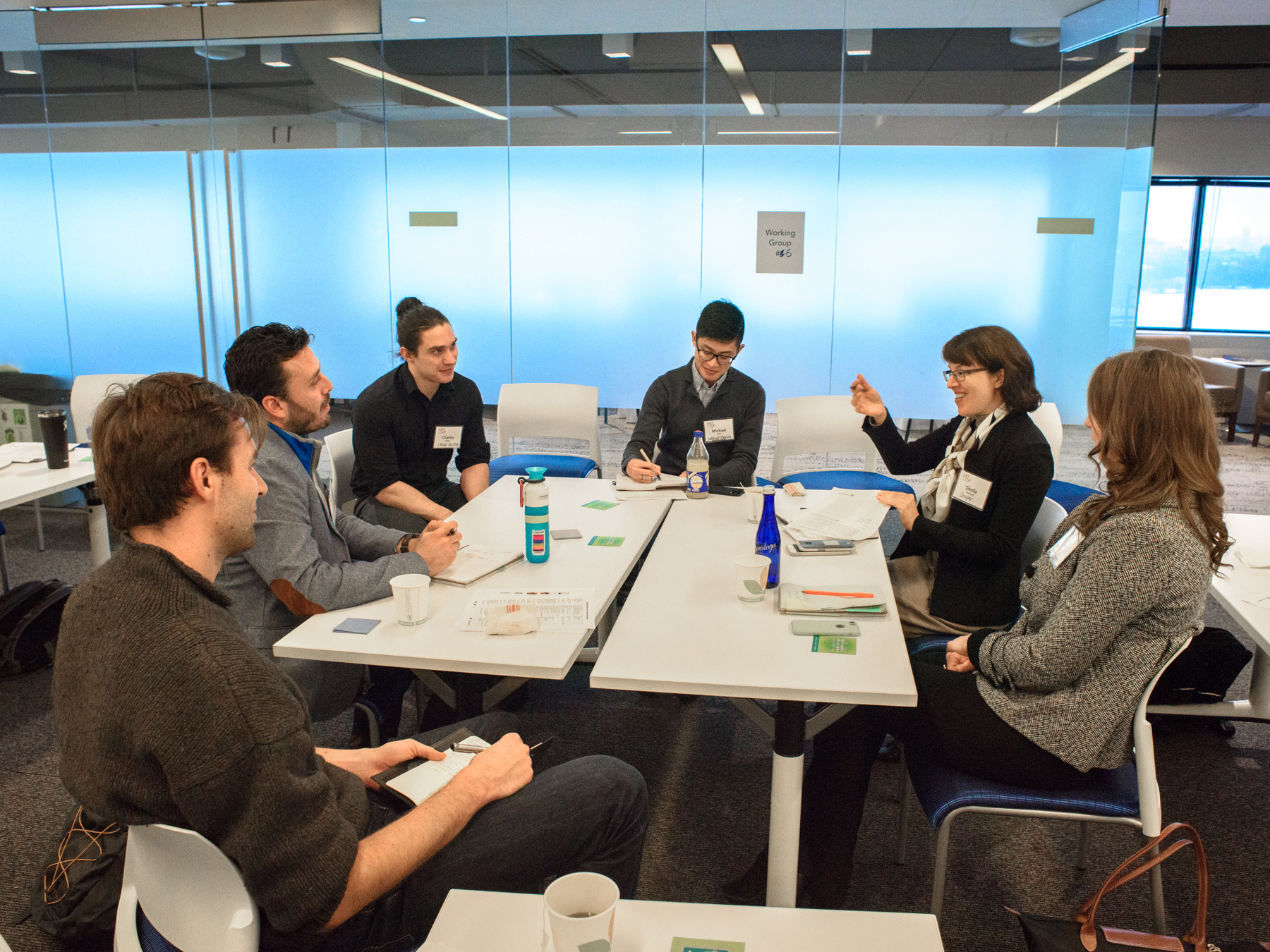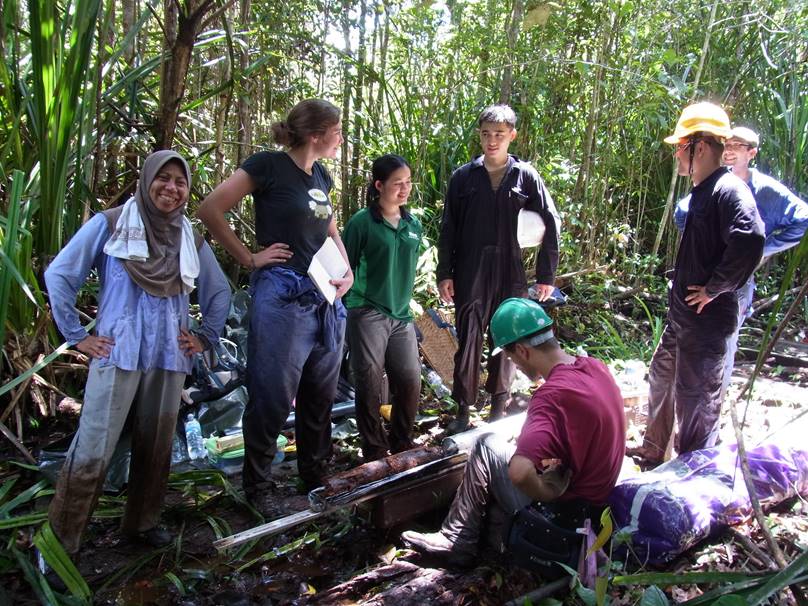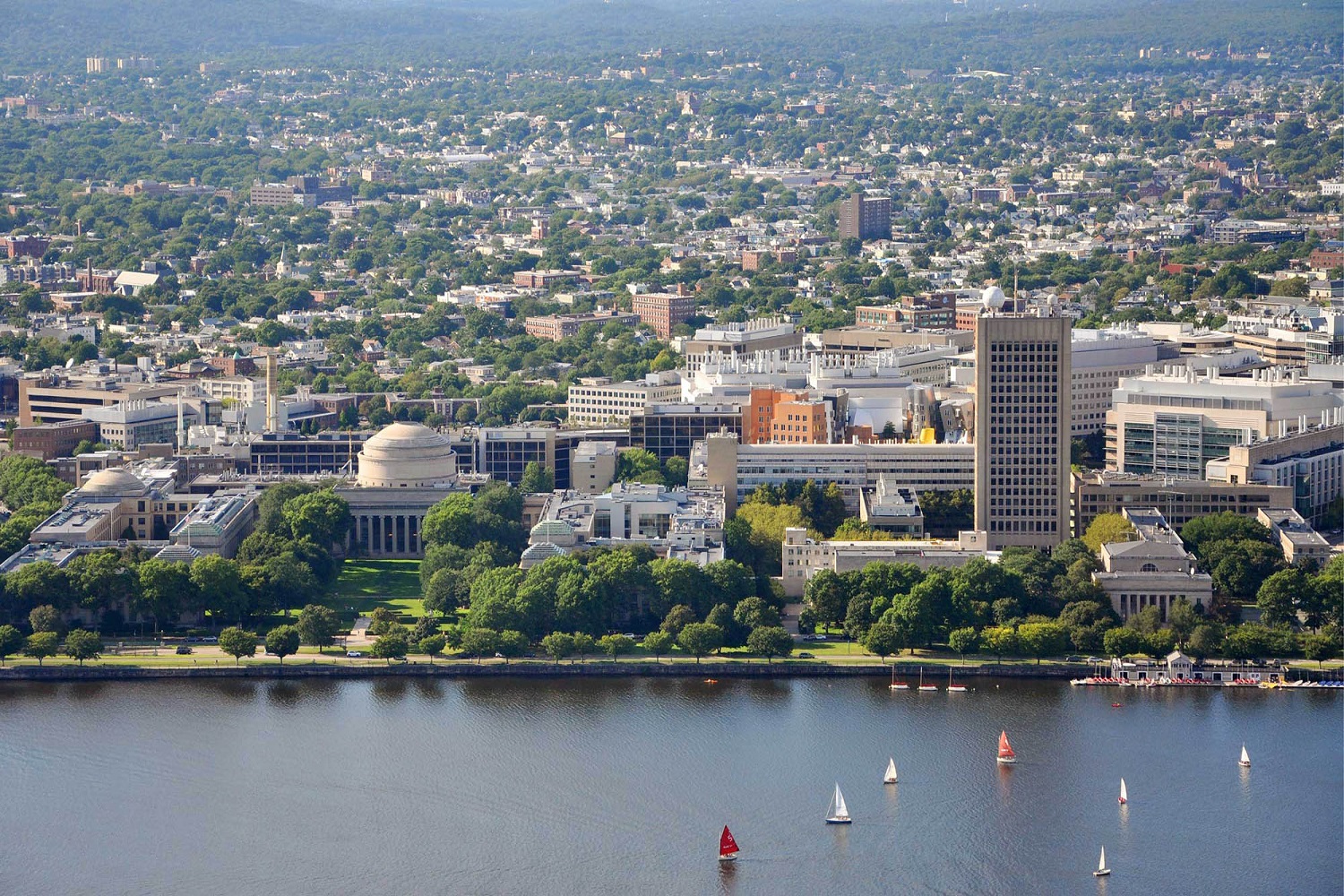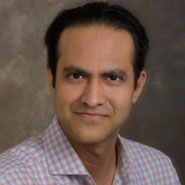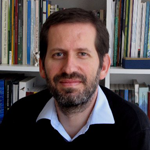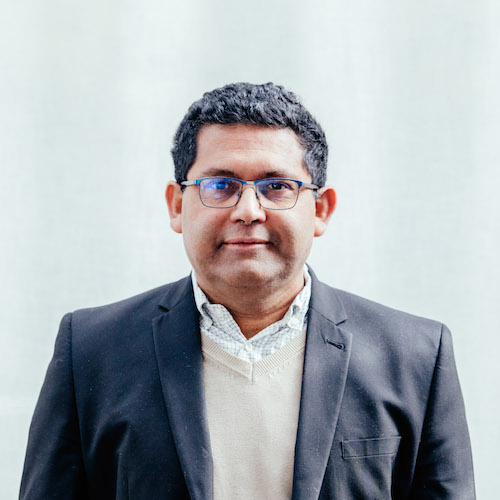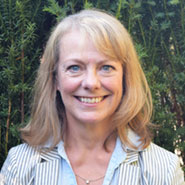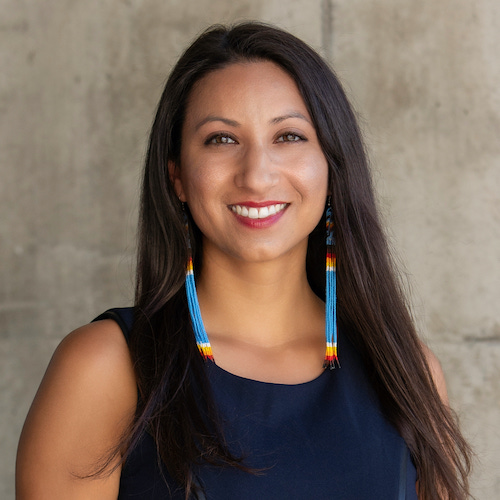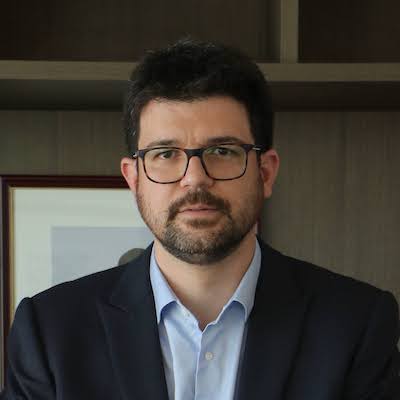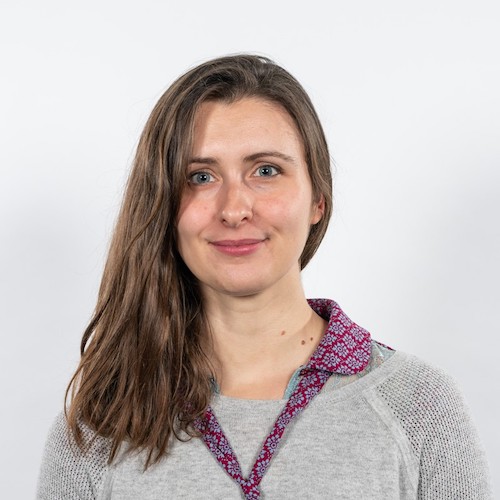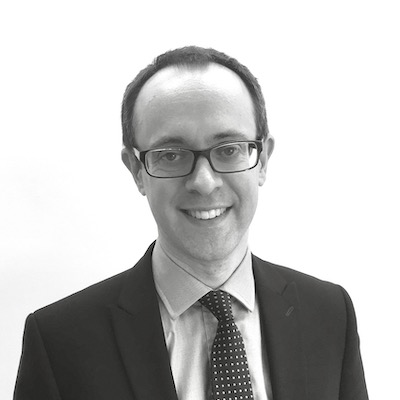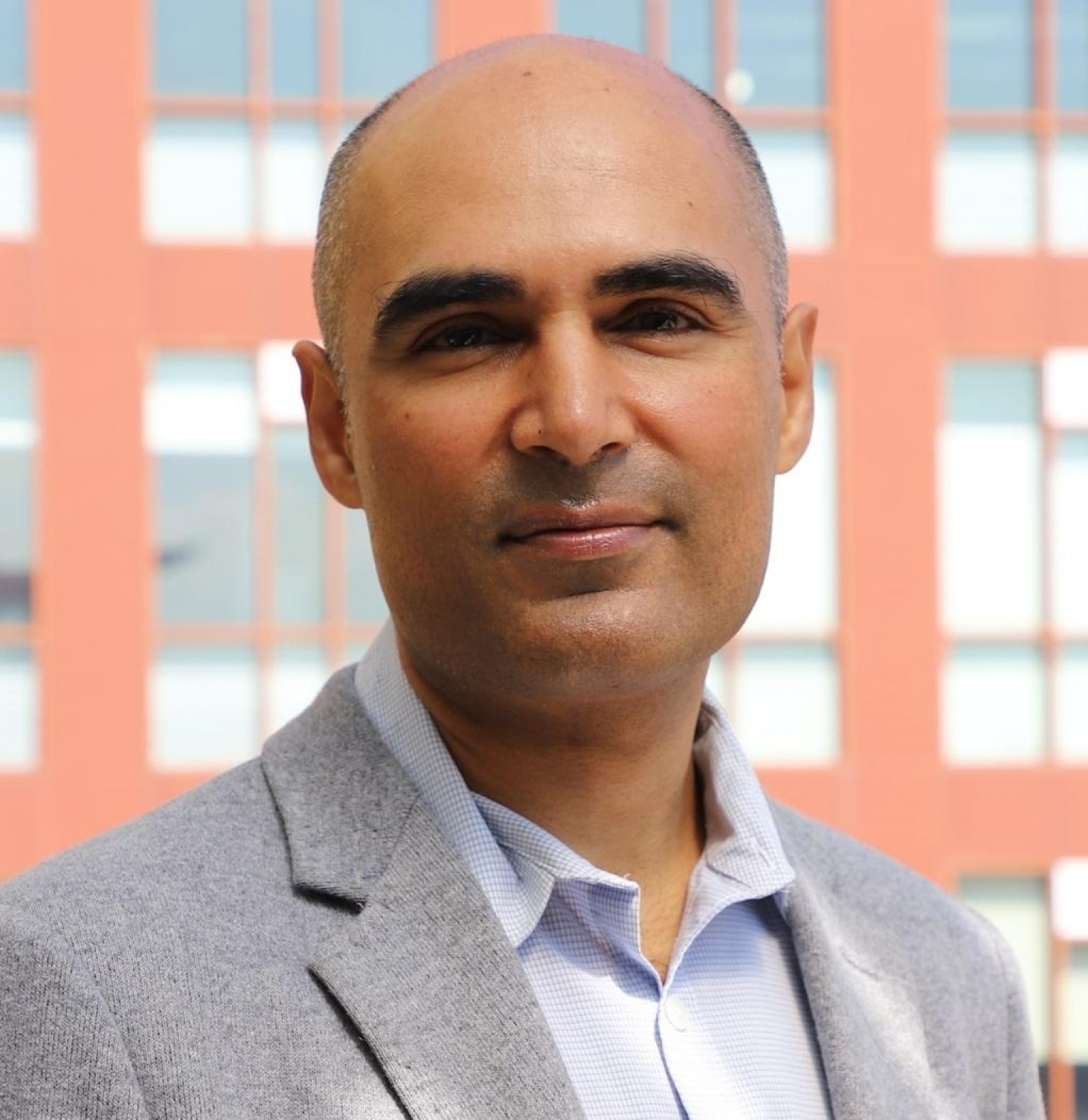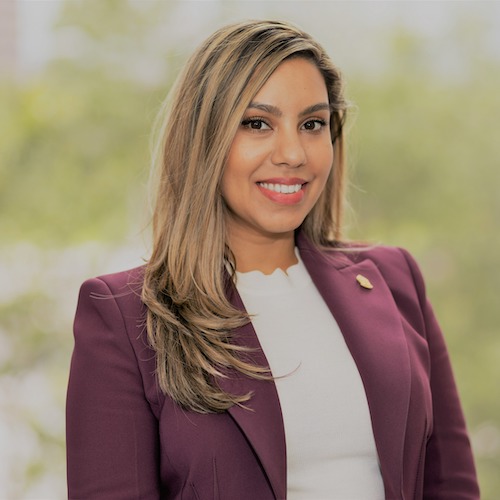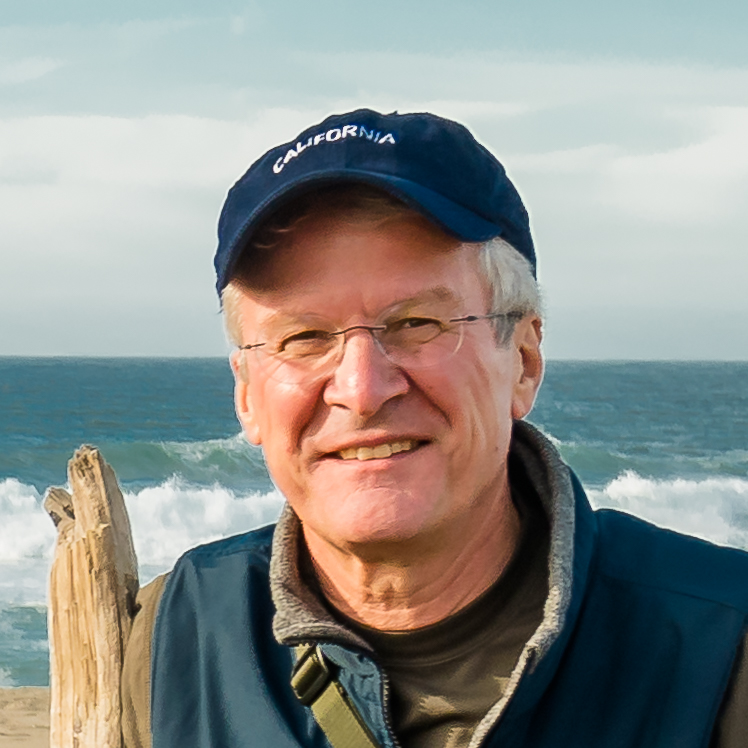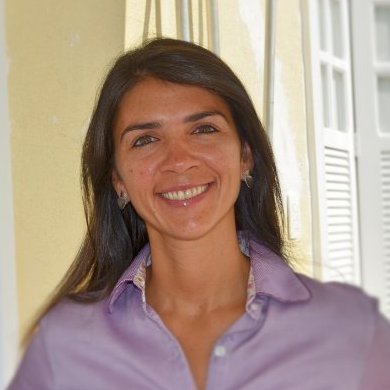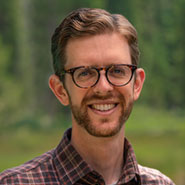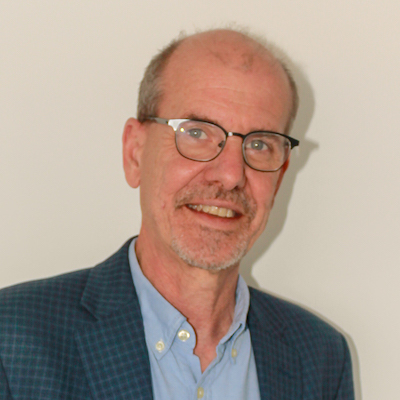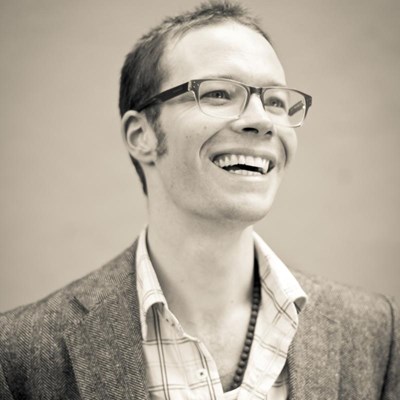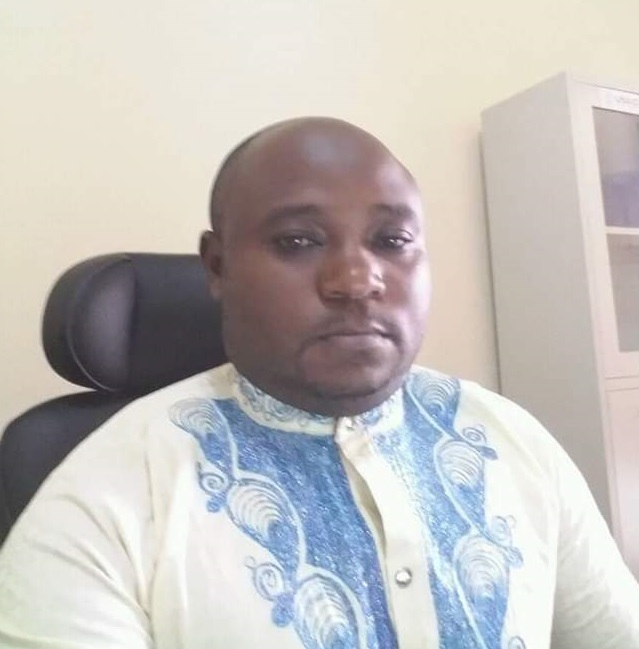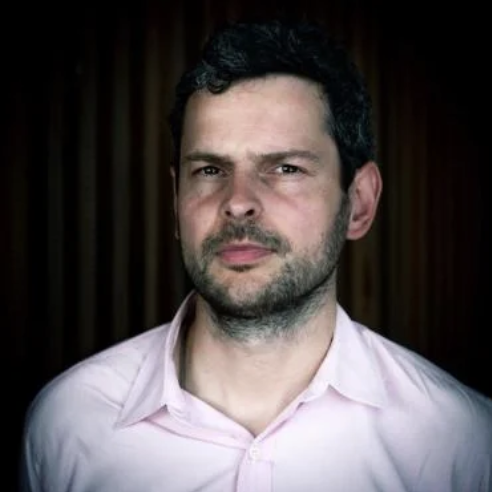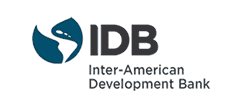Menu
Events
MIT Conference on Mining, Environment, and Society
September 7–9, 2022 10:00 AM – 1:30 PM ET (VIRTUAL)
In the face of the urgent threat of climate change, economies are undergoing a transition from conventional to renewable sources of energy. What does this mean for the world’s future resource needs? We can expect to see less extraction of coal and oil—but more mining of metals like lithium, copper, cobalt, and nickel, which come with their own social and environmental impacts. This conference will bring together social and natural scientists, policymakers, industry stakeholders, and environmental organizations to examine the nature of these conflicting challenges and explore opportunities to collaborate for solutions.
The event is one of a series led by MIT’s Environmental Solutions Initiative to examine the environmental and social considerations of specific industries. For more information, please contact: esi-mine@mit.edu.
Agenda
Wednesday Sep 7, 2022
| 10:00 AM – 10:10 AM |
Introduction John Fernández, MIT |
| 10:10 AM – 11:00 AM |
Keynote: Governance and fiscal dimensions of the clean energy transition Mark Robinson, Extractive Industries Transparency Initiative • Moderator: John Fernández, MIT |
| 11:15 AM - 12:15 PM |
Panel 1: Innovation for a circular mining economy Saleem Ali, University of Delaware • Andreas Exner, University of Graz • Eleonore Lebre, Centre for Social Responsibility in Mining • Moderator: Elsa Olivetti, MIT |
| 12:30 PM - 1:30 PM |
Panel 2: Critical minerals and sustainability Daniel Litvin, Environmental Resources Management Group • Natascha Nunes da Cunha, Inter-American Development Bank • Jim Wormington, Human Rights Watch • Moderator: Antoine Allanore, MIT |
Thursday Sep 8, 2022
| 10 AM – 10:10 AM |
Welcome Scott Odell, MIT |
| 10:10 AM – 11:00 AM |
Keynote: Standards and regulations: Are they enough? Ro Dhawan, International Council on Mining and Metals • Deanna Kemp, Centre for Social Responsibility in Mining • Moderator: Scott Odell, MIT |
| 11:15 AM - 12:15 PM |
Panel 3: Decarbonization and climate change adaptation Saliem Fakir, African Climate Foundation • Willy Kracht, Ministry of Mining, Chile • Kareemah Mohamed, Accenture • Haley St. Dennis, Institute for Human Rights and Business • Moderator: Maria-Therese Gustafsson, Stockholm University |
| 12:30 PM - 1:30 PM |
Panel 4: Mining impacts on land, water, and atmosphere Lydia Jennings, University of Arizona • David Purkey, Stockholm Environmental Institute • Noelle Selin, MIT • Andrew Whittle, MIT • Moderator: Aimee Boulanger, Initiative for Responsible Mining Assurance |
Friday Sep 9, 2022
| 10:00 AM – 10:10 AM |
Welcome Christopher Noble, MIT |
| 10:10 AM – 11:00 AM |
Keynote: Local socio-environmental impacts Anthony Bebbington, Ford Foundation • Moderator: Juan Luis Dammert, Natural Resource Governance Institute |
| 11:15 AM - 12:15 PM |
Panel 5: Artisanal and small-scale mining Gavin Hilson, University of Surrey • Cassie Hoffman, Conservation X Labs • Libby McDonald, MIT D-Lab • Rachel Perks, World Bank • Moderator: Nicole Smith, Colorado School of Mines |
| 12:30 PM - 1:30 PM |
Panel 6: Community relations and mining Jocelyn Fraser, University of British Columbia • Scott Sellwood, Oxfam • Roger Vutsoro, Natural Resource Governance Institute • Moderator: Rajiv Maher, EGADE Business School |
| 1:30 PM |
Closing remarks Christopher Noble, MIT |
Speaker Bios
Saleem Ali
University of Delaware
Saleem H. Ali is Chair and Distinguished Professor of Geography and Spatial Sciences at the University of Delaware, where he also directs the Minerals, Materials and Society program. He is also a member of the United Nations International Resource Panel. Dr. Ali’s latest book is Earthly Order: How Natural Laws Define Human Life (Oxford Univ. Press 2022). He holds a doctorate from MIT’s Dept. of Urban Studies and Planning; a Masters degree in Environmental Studies from Yale, and a Bachelors (summa cum laude) in Chemistry from Tufts.
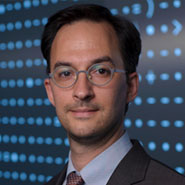
Antoine Allanore
MIT
Antoine Allanore is Professor of Metallurgy at the Massachusetts Institute of Technology. After several years of service in the steel industry working on GHG-reduction, he teaches metallurgy in the Department of Materials Science & Engineering and conducts research on sustainable metals and minerals processing.
Anthony Bebbington
Ford Foundation
Anthony Bebbington is the International Director of the Natural Resources and Climate Change Program at the Ford Foundation, while on leave from his position as the Milton P. and Alice C. Higgins Professor of Environment and Society at Clark University. He is a member of National Academy of Sciences and the American Academy of Arts and Sciences, and has been a Guggenheim Fellow, an Australia Laureate Fellow, an Economic and Social Research Council Professorial Fellow, and a Fellow at the Center for Advanced Studies in Behavioral Sciences at Stanford. He has held previous positions at the Universities of Manchester, Melbourne, Colorado and Cambridge, as well as at the World Bank, International Institute for Environment and Development, and the Overseas Development Institute. His research has focused on extractive industry governance, social movements and territorial transformations, and rural civil society and development.
Aimee Boulanger
Initiative for Responsible Mining Assurance
Aimee Boulanger serves as Executive Director for the Initiative for Responsible Mining Assurance (IRMA). IRMA hosts the Standard for Responsible Mining, the globe’s most comprehensive and rigorous definition of environmental and social responsibility in mining, allowing mines at any level of current performance to engage and show improvement over time. IRMA is governed equally by nonprofit NGOs, labor organizations, and mining affected communities, working alongside private sector mining companies, investors and purchasers of mined materials. Aimee has worked on mining issues for 25 years, with substantial experience in directly affected communities.
Juan Luis Dammert
Natural Resource Governance Institute
Juan Luis Dammert holds a PhD in Geography from Clark University, Massachusetts, and a BA in Sociology from Pontificia Universidad Católica del Perú (PUCP). His main areas of research include natural resource governance and environmental change in Latin America, with an emphasis on extractive industries, deforestation, and land conflicts. He currently is the Latin America director of Natural Resource Governance Institute (NRGI).
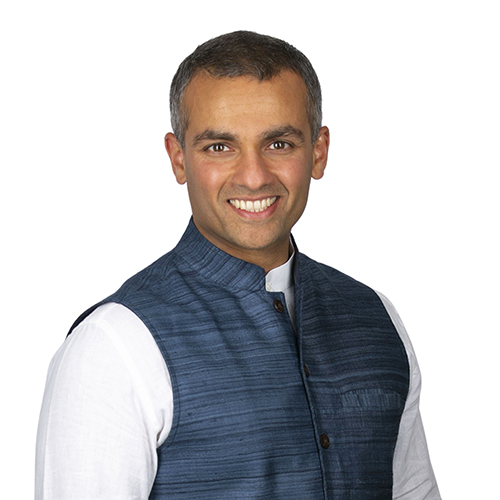
Rohitesh Dhawan
International Council on Mining and Metals
Rohitesh “Ro” Dhawan was appointed President and Chief Executive Officer of ICMM in April 2021. He is passionate about the transformative power of mining, particularly in emerging markets where he has spent two-thirds of his life. Ro is a Fellow and faculty member of the Africa Leadership Initiative and a Raisina fellow at the Asian Forum on Global Governance. He serves on the Advisory Boards of the Columbia Centre for Sustainable Investment, Concordia and Resolve. He has served on the UK Government’s Partnering for Accelerated Climate Transitions (PACT) Programme and was named one of South Africa’s climate change leaders for his work with the country’s mining sector. He holds a Master of Science in Environmental Change & Management from the University of Oxford in the UK, and a Bachelor of Commerce in Economics from Rhodes University in South Africa.
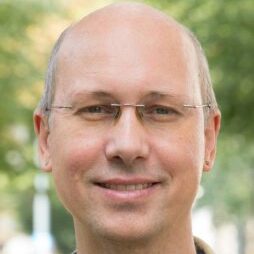
Andreas Exner
University of Graz
Dr. Andreas Exner is the operative manager of the Regional Center of Expertise (RCE) Graz-Styria, the Center of Sustainable Transformation, University of Graz. After studying ecology, Dr. Exner has worked for several years in the field of environmental assessment. With a doctoral degree in political science, he has focused on issues of social ecological transformation.
Saliem Fakir
African Climate Foundation
Prior to establishing the African Climate Foundation, Saliem served for 11 years as the Head of the Policy & Futures Unit of WWF South Africa. He was a Senior Lecturer at the Department of Public Administration and Planning and an Associate Director for the Centre for Renewable and Sustainable Energy at Stellenbosch University. For eight years, Saliem was the Director of the World Conservation Union, South Africa. He has served on several Boards and is a prolific writer, contributing to leading publications.
John Fernández
MIT
John E. Fernández is the faculty director of the MIT Environmental Solutions Initiative, a professor of building technology in the MIT Department of Architecture, and a practicing architect. Fernández founded and directs the MIT Urban Metabolism Group, a highly multidisciplinary research group focused on the resource intensity of cities and design and technology pathways for future urbanization. Fernández has served on several National Science Foundation Review Panels, as a member of the Department of Energy Roadmap 2020 Advisory Committee, and as a member of the Board of Directors of the Building Envelope Technology and Environmental Council of the National Institute of Building Science. He also served as a member of the Research Committee of the United States Green Building Council. With his partner and wife, Malvina Lampietti, Fernández has been designer of more than 2.5 million square feet of new construction.
Jocelyn Fraser
University of British Columbia
An instructor and research associate, Dr. Jocelyn Fraser focuses on social risk and social responsibility in the international mining sector. She is particularly interested in investigating ways in which mining companies can collaborate with communities to develop a business strategy with parallel goals: improving operational performance while delivering tangible social benefits that advance the United Nations Sustainable Development Goals (SDGs).
Currently, Jocelyn leads a working group on stakeholder engagement for the Canadian Institute of Mining and Metallurgy (CIM), and sits on the Mining Association of Canada’s Towards Sustainable Mining (TSM) Communities of Interest Panel representing the international development perspective. She is a member of the International Association of Public Participation, the Shared Value Initiative, and the American Academy of Management. Her professional experience includes more than 15 years working with extractive companies to enhance stakeholder engagement, create value and earn social permission for local, national, and international projects.
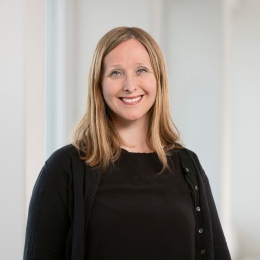
Maria-Therese Gustafsson
Stockholm University
Maria-Therese Gustafsson is Assistant Professor at the Department of Political Science, Stockholm University. Prominent themes in her research are political participation and mobilization processes in the context of extractive industries, large-scale agriculture, and climate adaptation governance. Gustafsson has extensive field research experience in Latin America. She is currently co-leading a research project on environmental and human rights due diligence in global supply chains. Her work appears in leading journal, such as Environmental Science and Policy, Global Environmental Politics, Regulation & Governance, WIRE’s Climate Change and World Development. She has also been a visiting scholar at Harvard University and Cornell University.
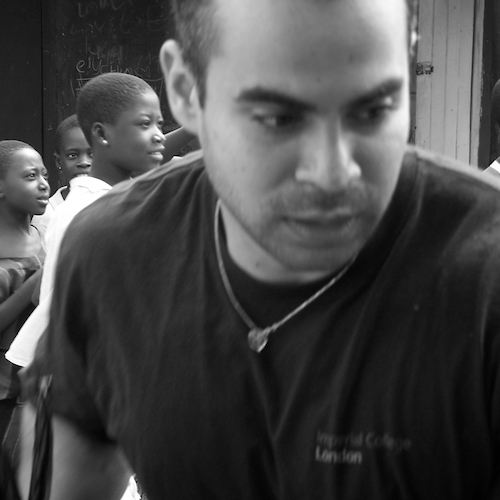
Gavin Hilson
University of Surrey
Gavin Hilson is Professor and Chair of Sustainability in Business and the University of Surrey Business School, United Kingdom. He is a global authority on the social and environmental impacts of artisanal and small-scale mining (ASM) in sub-Saharan Africa, producing over 300 journal articles, book chapters and reports on this subject to date. Over the past two decades, Professor Hilson has also consulted on various ASM issues for a variety of organizations in the private sector, civil society and the donor communities, including the World Bank, Newmont Gold Mining, Rio Tinto, USAID, the IIED, UNECA and Gold Fields. He is chair of the steering committee of DELVE; is an executive board member of the NGO, IMPACT; and is founder and editor-in-chief of the international journal, The Extractive Industries and Society. Professor Hilson received Bachelors and Masters degrees from the University of Toronto, and his PhD from Imperial College London.
Cassie Hoffman
Conservation X
Cassie Hoffman is the global development and innovation lead at Conservation X Labs, seeking and implementing innovation applications and opportunities in the field and internationally. She directs the USAID-financed Accelerating Innovation for Artisanal and Small-Scale (ASM) Mining Operations in the Amazon Program, a two-year (2020-2022) innovation project to identify, pilot, test, and scale-up solutions to make ASM more environmentally responsible and socially equitable. Additionally, she leads the Conservation Futures toolkit project, an initiative to develop an open university curriculum aiming to prepare students to develop trailblazing solutions to the extinction crisis. She is a social scientist with expertise in market mechanisms for conservation, community development, and social marketing and behavior change.
Lydia Jennings
University of Arizona
Lydia (she/her), a citizen of the Pascua Yaqui Tribe, earned her Bachelors of Science from California State University, Monterey Bay in Environmental Science, Technology and Policy. Lydia now resides in Tucson, Arizona where she completed her Ph.D. at the University of Arizona in the Department of Environmental Sciences, with a minor in American Indian Policy. Her research interests are in soil health, environmental remediation, and mining policy. Lydia is a 2014 University of Arizona NIEHS Superfund Program trainee, a 2015 recipient of National Science Foundation’s Graduate Research Fellowship Program, a 2019 American Geophysical Union “Voices for Science” Fellow, and a 2020 Native Nations Institute Indigenous Data Sovereignty Doctoral Scholar. Lydia is currently a Postdoctoral Fellow in Community, Environment and Policy at the University of Arizona’s Mel and Enid Zuckerman College of Public Health, and is a Data Science Fellow.
Deanna Kemp
University of Queensland Centre for Social Responsibility in Mining
Professor Deanna Kemp is a leading international expert focused on the social and political challenges of the global mining industry. Deanna specializes in industry-engaged social science that bridges company and community perspectives on extractive industries. Particular areas of interest include company-community conflict, displacement and resettlement, and human rights and development challenges. Deanna is also interested in how the global mining industry is organized, resourced and incentivized to respond to these pressing challenges.
Willy Kracht
Ministry of Mining, Chile
Willy Kracht holds degrees as a Chemical Engineer and Master in Extractive Metallurgy from the University of Chile (2004) and a PhD in mining and materials from McGill University, Canada (2008). He was director of the Department of Mining Engineering at Universidad de Chile from 2018 until assuming as vice-minister of mining. Before this, he was deputy director of the Advanced Mining Technology Center. He has been a member of the Canadian Institute of Mining, Metallurgy and Petroleum, CIM, since August 2008 and director of National Mining Company, ENAMI, since April 2022. He has been dedicated to teaching, research and consulting in mining and metallurgy during his career. He has more than 30 published works on topics ranging from mineral processing to integrating renewable energies in mining-metallurgical processes. He has actively participated in discussing public policies in the sector, focusing on decarbonization and adaptation to climate change.
Eléonore Lèbre
Sustainable Minerals Institute
Dr. Éléonore Lèbre is a recipient of the 2022 Discovery Early Career Researcher Award from the Australian Research Council. Her research centres on using global spatial data to develop a multidisciplinary understanding of risks related to mineral resource extraction. She connects with topical issues such as the low-carbon energy transition, critical metal supply, deep sea mining, and tailings dam failures. Dr. Lèbre has a Ph.D. in Industrial Ecology from the Sustainable Minerals Institute’s Centre for Mined Land Rehabilitation. Her thesis focuses on circular economy initiatives in the mining industry, following objectives of waste minimization and resource efficiency.
Daniel Litvin
Environmental Resources Management
Daniel Litvin is Senior Advisor to the Executive Committee of ERM, the world’s largest pure-play sustainability consulting firm. He is also the Founder of Critical Resource, which he grew to be a leading advisor to energy and mining firms and their investors on ‘ESG’, license-to-operate, and political risks. Critical Resource was acquired by ERM in 2020. Daniel is currently also a Visiting Senior Fellow at the London School of Economics Grantham Institute on Climate Change. Daniel was previously a consultant at McKinsey & Co, and policy adviser to Rio Tinto. Daniel started his career at The Economist, where he was the magazine’s environment and resources correspondent. He is author of ‘Empires of Profit: Commerce, Conquest & Corporate Responsibility.’
Rajiv Maher
EGADE Business School
Rajiv Maher’s (PhD in Management) research examines the outcomes and impacts of Corporate Social Responsibility practices such as stakeholder engagement, dialogue and social investment in contexts of extractives and other megaprojects in Latin America. He undertakes most of his research in the communities, often Indigenous ones. His work focuses on amplifying the voices of (Indigenous) community members who are impacted by large extractives project. Rajiv has over 13 years of fieldwork experience and has published his work in management, organization and geography journals.
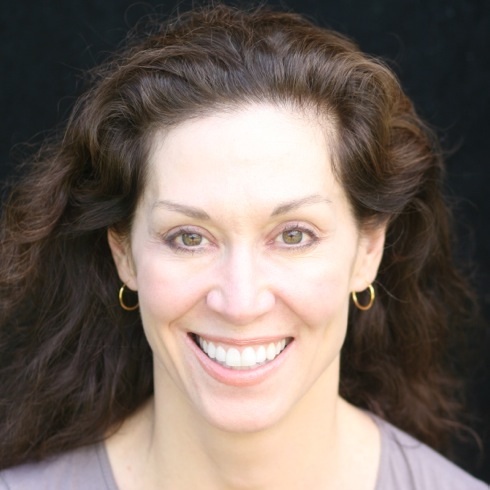
Libby McDonald
MIT
Libby McDonald is a lecturer and research associate at MIT D-Lab where she leads D-Lab’s Inclusive Economies program. Using a co-design approach, the program brings together informal sector workers, multinationals, and government representatives to address livelihood and environmental challenges experienced by people working at the margins of society. Libby has broad experience in Central and South America, as well as in West Africa. Currently, the Inclusive Economies team works with the Alliance for Responsible Mining, Universidad Nacional, and Colorado School for Mines to implement co-design initiatives in gold mining regions in order to diversify regional economies and support the development of a national movement of women artisanal and small-scale gold miners.
Kareemah Mohamed
Accenture
Kareemah Mohamed is a managing director for Accenture sustainability services, leading the net-zero strategy practice that focuses on heavy industries, including mining. She has expertise in commodity markets, with deep knowledge at the crux of public policy, digital technologies and commercial models for low-carbon solutions. Throughout her career, Kareemah has gained valuable experience related to the energy transition, circular economy and climate change. She is passionate about advancing the role of women in energy and frequently speaks at industry events. Kareemah is a geoscientist by background and active in the start-up communities in Calgary, Oslo and Houston, where she resides.
Christopher Noble
MIT Environmental Solutions Initiative
Christopher Noble is the Director of Corporate Engagement of the MIT Environmental Solutions Initiative, where he builds partnerships between ESI and for-profit companies to advance ESI’s environmental mission. He has shepherded programs in Mining, Environment and Society and Plastics and the Environment that unite industry stakeholders with scientists, academics and nonprofit actors in pursuit of greater sustainability.
Natascha Nunes da Cunha
Inter-American Development Bank
Natascha Nunes da Cunha, a Brazilian national, is Lead Mining Specialist at the Inter-American Development Bank (IDB), where she coordinates multidisciplinary efforts to provide technical and financial assistance to support better natural resource governance in Latin America and the Caribbean. With almost 20 years of experience in sociopolitical risk analysis and stakeholder engagement, she has specialized in the relation between mining and sustainable development. Prior to joining the IDB, Natascha was Corporate Affairs manager at Vale, one of the world’s top mining companies. She holds an undergraduate degree in International Relations and a Master’s degree in international Political Economy, both from the London School of Economics (LSE).
Scott Odell
MIT
Scott is a Visiting Assistant Professor in The George Washington University Department of Geography, and a Visiting Scientist in MIT’s Environmental Solutions Initiative (ESI). He researches interactions between climate change and mining, with a specific focus on the sources of and responses to conflict over water in Chile’s mining regions. He has a PhD and MA in Geography from Clark University and a Bachelor’s Degree in Science, Technology, and International Affairs (STIA) from Georgetown University’s School of Foreign Service. He worked previously as a Visiting Researcher in Georgetown’s Center for Latin American Studies and a Program Associate at the Inter-American Dialogue.
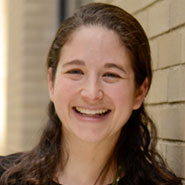
Elsa Olivetti
MIT
Elsa Olivetti is the Esther and Harold E. Edgerton Career Development Professor in the Department of Materials Science and Engineering (DMSE) and co-director of the MIT Climate and Sustainability Consortium at the Massachusetts Institute of Technology. Her research focuses on reducing the significant burden of materials production and consumption through increased use of recycled and waste materials; informing the early stage design of new materials for effective scale up; and understanding the implications of policy, new technology development, and manufacturing processes on materials supply chains. Dr. Olivetti received her B.S. degree in Engineering Science from the University of Virginia in 2000 and her Ph.D. in Materials Science Engineering from MIT in 2007.
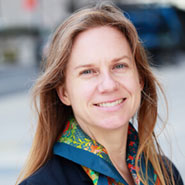
Rachel Perks
World Bank
Rachel has been working in the mining industry for over 20 years with a focus on artisanal and small-scale mining (ASM) formalization and since 2017 on managing just transition processes for coal communities. Since 2012 she has been working for the World Bank.
David Purkey
Stockholm Environment Institute
David Purkey is the Centre Director for SEI Latin America, based in Bogotá, Colombia. Previously, David led the Water Group within the US Center, with staff located in both the Somerville, Massachusetts and Davis offices. Much of his work centers around the development, dissemination and application of SEI’s Water Evaluation and Planning (WEAP) system. His research interests include understanding the potential impacts of and adaptation to climate change in the water sector and aquatic ecosystems, integrated water resources management that focuses on linking the management of surface water and groundwater to meet a broad spectrum of objectives, and equitable management of transboundary water resources. David and his team are experienced in applying a range of hydrologic, hydraulic, and planning models in setting as diversion as California, the US-Mexico border, the Great Lakes, West and Southern Africa, and Latin America. He received his Ph.D. in hydrology from the University of California, Davis in 1998 and holds a B.A. in Geology from Carleton College in Northfield, Minnesota.
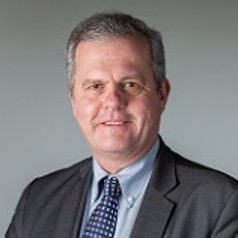
Mark Robinson
Extractive Industries Transparency Initiative
Mark Robinson is Executive Director of the Extractive Industries Transparency Initiative (EITI), bringing together governments, companies, and civil society organizations to promote governance reforms in oil, gas and mining. Mark has over 30 years’ experience in governance, extractives, climate and international development, and a career spanning the worlds of policy, operations, research and philanthropy. Prior to joining EITI in November 2018, Mark served as Global Director, Governance at the World Resources Institute in Washington D.C. He previously held senior positions at the UK Department for International Development, the Institute of Development Studies, the Ford Foundation, and the Overseas Development Institute.
Noelle Selin
MIT
Noelle Eckley Selin is Professor in the Institute for Data, Systems and Society and the Department of Earth, Atmospheric and Planetary Sciences at MIT. She is also the Director of MIT’s Technology and Policy Program. Her research uses atmospheric chemistry modeling to inform decision-making on sustainability challenges, including air pollution, climate change and hazardous substances. Her work also examines interactions between science and policy in international environmental negotiations and develops systems approaches to address sustainability challenges. She received her PhD (Earth and Planetary Sciences), M.A. (Earth and Planetary Sciences) and B.A. (Environmental Science and Public Policy) from Harvard University.
Scott Sellwood
Oxfam
Scott is a Senior Program Advisor with Oxfam’s Extractive Industries global program. Trained as a lawyer and geographer, he brings more than a decade of experience working to improve accountability of the mining, oil, and gas sectors. He has advised on strategic interventions around free, prior, and informed consent; land rights; gender impact assessment; and tax justice across Latin America and Africa, including authoring the report Negotiating Consent and co-authoring the community-based human rights impact assessment of the East Africa Crude Oil pipeline; as well as publishing research on the “green economy” in Mexico. He holds postgraduate degrees in geography and peace and conflict studies from the University of North Carolina at Chapel Hill and undergraduate degrees in law and environmental management from University of Queensland.
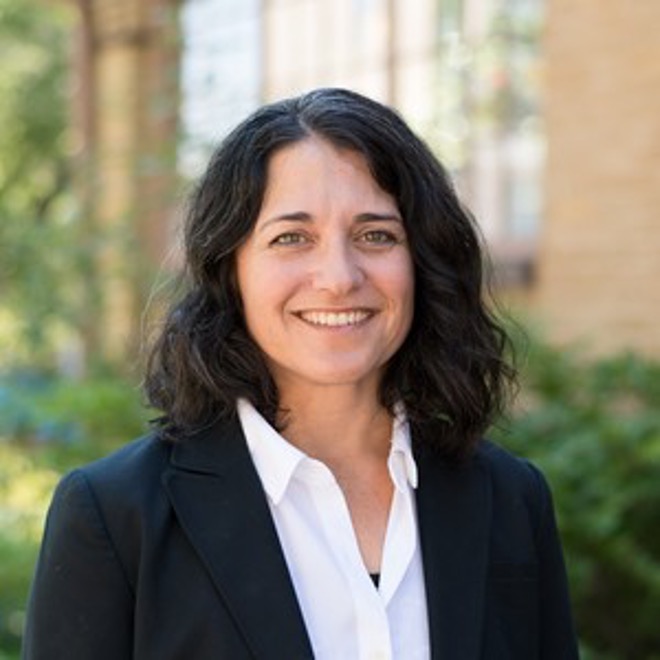
Nicole Smith
Colorado School of Mines
Dr. Smith is an Assistant Professor in the Mining Engineering Department at the Colorado School of Mines. She is a cultural anthropologist with research and teaching interests in artisanal and small-scale mining; mining, sustainability, and social responsibility; and rural livelihoods and mineral developments. She has conducted ethnographic fieldwork in sub-Saharan Africa and Latin America. Dr. Smith holds a PhD in Anthropology and a certificate in Development Studies from the University of Colorado at Boulder, a master’s degree in anthropology from Colorado State University and a bachelor’s degree in anthropology from the University of Minnesota.
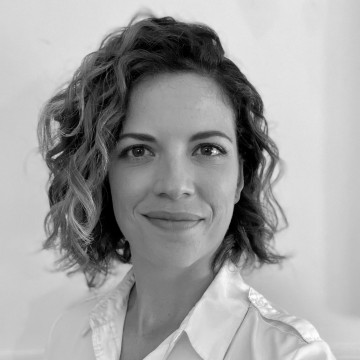
Haley St. Dennis
Institute for Human Rights and Business
As Head of Just Transitions, Haley leads IHRB’s work on responsible climate action, developing an evidence base for stronger norms and standards to guide how companies and industries can responsibly transition to a net-zero world in ways that respect the human rights of the workers and communities affected by the tremendous change underway across every sector and system. Haley has extensive experience in the application of international human rights and responsible business standards within a wide range of industry sectors, including renewable and traditional energy, buildings and construction, sport, ICT, employment and recruitment agencies, apparel, and agriculture.
Roger Vutsoro
Natural Resource Governance Institute
Roger Vutsoro is the Democratic Republic of Congo (DRC) country manager at NRGI and is based in Kinshasa. He coordinates and oversees the implementation of ongoing and new activities related to mining and petroleum legal reforms, the implementation of the Extractive Industries Transparency Initiative and increasing transparency and accountability in contracts and state-owned companies.
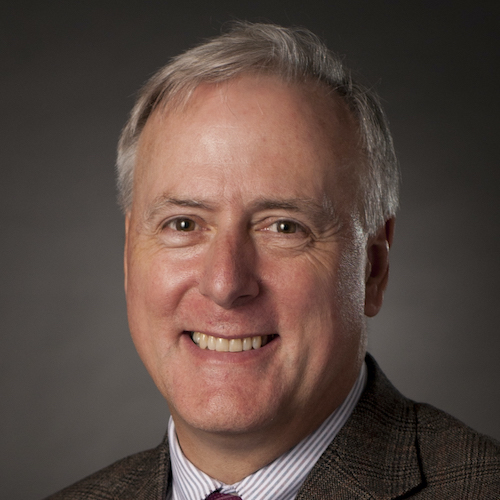
Andrew Whittle
MIT
Andrew J. Whittle, NAE, is Edmund K. Turner Professor Civil and Environmental Engineering. He is a leading expert in geotechnical engineering with broad interests in urban infrastructure. Much of his research has focused on the development and application of constitutive models to represent the complex behavior of soils and their application in predicting the performance of constructed facilities such as urban excavations and tunnels. He has lectured on the principles of Geotechnics in the design, stabilization and performance of tailings storage facilities for the ESI/MINE Workshop (2020) and has recently published a study on the stability of the Brumadinho dam failure (2022).
Jim Wormington
Human Rights Watch
Jim Wormington is a senior researcher and advocate in the Economic Justice and Rights Division of Human Rights Watch, where he works on extractive industries, supply chains, and other issues related to corporate accountability. He was previously a researcher in the Africa Division, covering human rights issues in West Africa. He has also practiced as an attorney at the American Bar Association Rule of Law Initiative, where he conducted research to inform rule of law and human rights development programs in West and Central Africa. Wormington has also worked at the International Crisis Group and the War Crimes Chamber of the State Court of Bosnia and Herzegovina. He is an English-trained barrister, a past member of QEB Hollis Whiteman Chambers, and was educated at Cambridge University (MA) and New York University School of Law (LLM). He is fluent in French.


